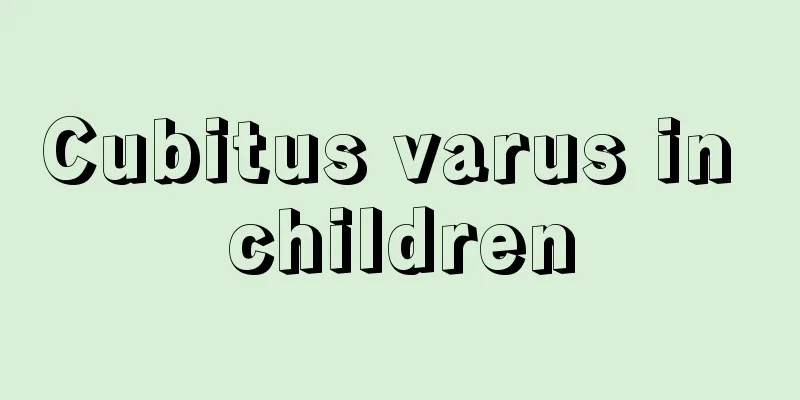What are the symptoms of neonatal epidemic diarrhea?

|
At present, the frequency of neonatal epidemic diarrhea is very high among newborns. Many newborns will also have typical symptoms such as refusal to eat, vomiting, poisoning and dehydration due to epidemic diarrhea. Therefore, if parents want to understand the manifestations of neonatal epidemic diarrhea, they need to collect more information in their daily lives. So, what are the symptoms of neonatal epidemic diarrhea? Neonatal epidemic diarrhea is an outbreak of diarrhea caused by infection in a maternity nursery or hospital neonatal ward. Due to the imperfect immune function and environmental factors, newborns are prone to infection. Neonatal epidemic diarrhea often breaks out in neonatal wards and spreads rapidly, sometimes even from one maternity home or hospital to another, causing a large-scale epidemic. Therefore, the spread of pathogens must be strictly prevented and controlled. symptom: 1. The same as the sporadic infectious diarrhea caused by this pathogen. Since the causes of different epidemics are not necessarily the same, the clinical manifestations are also different and the severity of the disease varies. 2. Mild cases mainly present with general gastrointestinal symptoms, with diarrhea occurring several to 10 times a day, which may be accompanied by low fever, poor feeding, vomiting, slight lethargy, mild abdominal distension, restlessness, etc. Mild dehydration and acidosis may occur. 3. Severe cases may be acute in onset and very serious, or develop from mild cases, with diarrhea more than 10 times a day and severe systemic symptoms, including obvious fever or no temperature rise, refusal to eat, vomiting, abdominal distension, oliguria, drowsiness or restlessness, cold limbs, abnormal skin color, etc. Dehydration, acidosis and electrolyte imbalance may occur in a short period of time. 4. When acidosis occurs in newborns (especially premature babies), typical deep breathing and cherry-red lips are rarely seen. Instead, they often show extreme lethargy, poor response, cyanosis around the mouth and nose, pale or gray complexion, abnormal skin color, cold limbs, etc., which should be taken seriously. When there are complications, symptoms are more severe. 5. Patients with a long course of illness or prolonged illness may experience obvious weight loss, nutritional disorders, feeding difficulties, etc. The above is an introduction to the clinical symptoms of neonatal epidemic diarrhea. After understanding the content described in the article, parents need to pay attention to the fact that once they find that their newborns have the above-mentioned symptoms similar to epidemic diarrhea, they must remember to take their children to the hospital for diagnosis and treatment immediately. |
<<: Treatment for 13-month-old baby who doesn't like to eat
>>: Treatment for 14-month-old baby who doesn't like to eat
Recommend
Four major contradictions hidden in intergenerational education
As an objective form of family education, grandpa...
How is the vision of a full-month baby?
When a child is just born, parents still need to ...
What causes baby's lower eyelid swelling?
I believe that many parents are worried about the...
What to do if your baby has diarrhea after changing milk powder
Babies basically stop drinking breast milk when t...
Standard height and weight range for two and a half year old boys
No matter what age the baby is, only when his hei...
A one and a half month old baby's alkali phosphatase is as high as 810
Babies are very important to their parents, even ...
What causes dark circles under girls' eyes?
Generally speaking, lesbians will not have dark c...
What are the ways to strengthen your baby's physique?
Many children often catch colds and fevers when t...
Brown urine in children
In our lives, many children have yellow or brown ...
What should you eat if you have precocious puberty?
All children need sufficient nutrients during the...
The peak period of girls' growth
Generally, girls develop much earlier than boys. ...
Healthy weight loss methods for teenagers
I believe everyone knows the benefits of losing w...
Six nutritional methods to help middle school students supplement nutrition
1. High-quality protein is essential Protein is t...
Causes of cerebral palsy in children
We also call cerebral palsy in children cerebral ...
What are the causes of liver damage in children?
The liver is a very important digestive gland in ...









